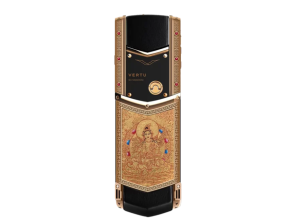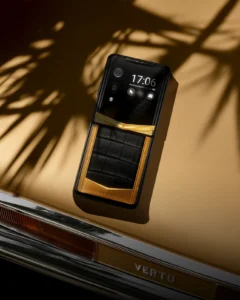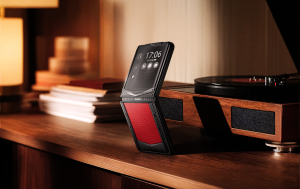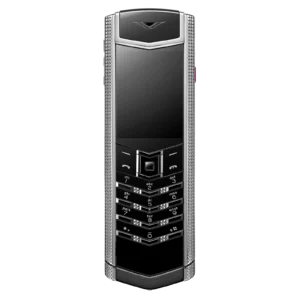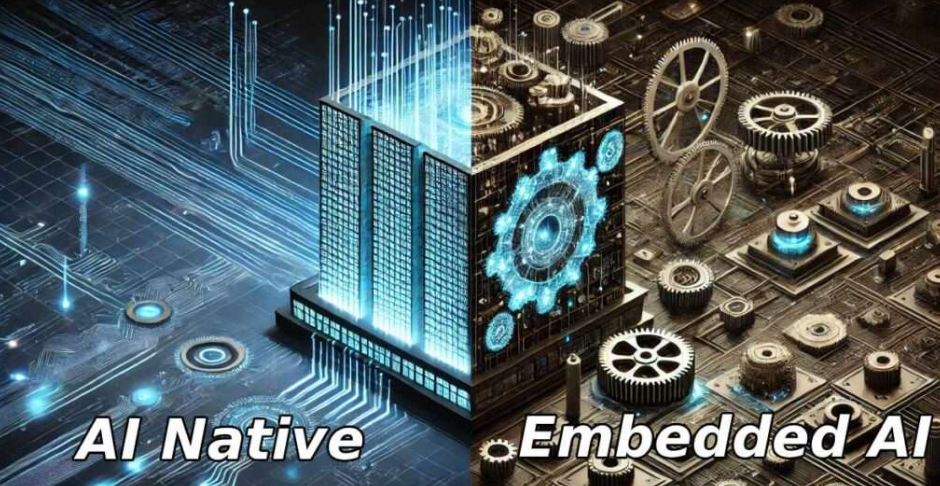
AI's Next Body: Why Your Phone is Becoming a ‘Middle Manager', Not a King
While everyone's eyes are on the ever-growing parameters of large models in the cloud, tech giants are quietly setting up the next battlefield: giving AI a physical body. From Apple's Vision Pro to OpenAI's investment in a new hardware venture, the war for AI's physical gateway has already begun. And your smartphone is about to undergo its most significant role change yet.
First, let's admit a hard truth: our current smart devices are actually quite “dumb.” They can execute precise commands but can't read your state of being. If you tell your phone, “I'm a bit tired,” it might search for “how to relieve fatigue.” A true AI assistant, however, needs to know it's 9 PM, you're at the office, your heart rate is elevated, and your calendar is packed. It needs real-world “context” to truly understand you. Your phone, lying in your pocket most of the time, is oblivious to all of this.
This is where AI-native hardware comes in. But make no mistake, its goal isn't to replace the phone, but to become its “sensory tentacles.” The recent failures of the AI Pin and Rabbit R1 stemmed from a fatal flaw: they tried to dethrone the smartphone, the undisputed king, and ended up failing on power, ecosystem, and user experience. The future AI-native device will likely be a brooch or a clip. It won't have a screen but will be “always-on,” like a personal pendant, continuously sensing your state and environment with its camera and microphone, feeding a constant stream of physical world data to the AI.
This brings us to the golden architecture of the future: “Device-Edge-Cloud” synergy. The “AI pendant” on your body is the “Device,” responsible for sensing. Your phone/PC is the “Edge,” evolving into a “smart hub” or a “middle manager” for moderate computing, task coordination, and displaying results. And the large models in the “Cloud” are the ultimate cognitive brain. In this system, your phone is no longer just a tool for scrolling through videos; it's the core coordinator connecting the virtual and physical worlds. Its chip, camera, and screen will all serve the AI Agent, becoming the commander of your personal intelligent ecosystem.
So, stop worrying about your phone becoming obsolete. It's not disappearing; it's evolving. In the future, your PC will handle complex productivity, the AI-native terminal will be your bridge to the physical world, and your phone will be the central hub of your entire smart life. Are you ready for an AI ecosystem that truly gets you? Let me know in the comments.

